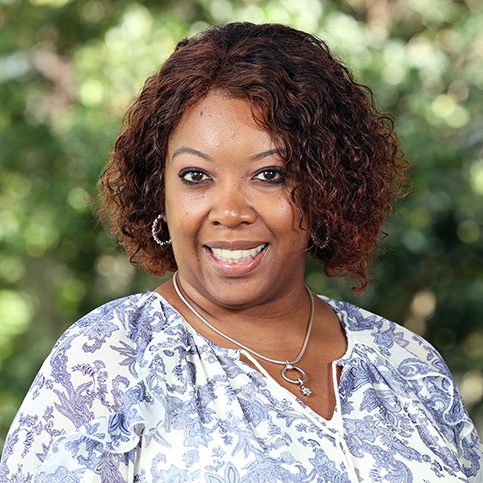UTampa's M.S. in Instructional Design and Technology program addresses a growing field in learning and human performance, and provides a multidisciplinary area of study that draws students from many backgrounds. Instructional designers understand and utilize technologies as both product (e.g., web-based courses) and process (e.g., iterative and formative approaches to learner assessment).
Given the diverse career tracks in instructional design, this program offers students the flexibility to customize their course of study based on individual goals and interests. Graduates of the program are well prepared to practice their unique, multidisciplinary profession in a variety of settings, including businesses, K-12 schools, higher education, government and military, or to pursue doctoral studies.
- Program Structure
- Career Opportunities
- Degree Program Benefits
- IDT Faculty
- Alumni Testimonials
- Request More Information
What is the structure of the M.S. in Instructional Design and Technology program?
This program emphasizes theories of learning and cognition, multimedia design and development, systematic instructional design, technology and open learning environments. The curriculum couples hands-on, technology-based coursework with theories of education, learning and human performance. Candidates learn to develop effective, cross-media curricula for diverse audiences.
Who enrolls in this program?
Students who enroll in this program intend to pursue careers as experts in the design, development, implementation and evaluation of instructional resources to improve learning and performance in multiple environments. Candidates come from a broad array of backgrounds, including communications, psychology, management and education, among other areas of specialization, but share a common interest in designing creative solutions to learning needs.
What are the benefits of the M.S. in Instructional Design program?
- Cutting-edge, multidisciplinary curriculum
- Rigorous coursework prepares graduates for highly skilled careers
- Professional networking and growth provided through classroom interactions
- Mentorship and career support from expert faculty members who hold doctorate degrees in the field
- Opportunities to build a professional portfolio to support job seeking
- Course specialization in individual areas of interest
- Exponential job growth predicted in the field
Hear from M.S. in Instructional Design and Technology alumni in the videos below.
Complete to receive more information about the M.S. in Instructional Design and Technology.
Options and Requirements
IDT Admissions
Sample Courses For This Degree
What You Might Study
EME 613
Open Learning Environments and Artificial Intelligence
The field of educational technology has been heavily impacted by this new reality. Open education allows for innovation in how educators prepare to teach, how learners negotiate knowledge from the information they are encountering and how courses can have an impact on the broader field of study.
EME 607
Introduction to Instructional Games and Simulations
This course offers theoretical concepts and an introduction to the design, production, utilization, and evaluation of educational games and simulations. Students design an educational game and/or an educational simulation related to learning and human performance.
EME 606
Design of Online Collaborative Learning
Learn, explore and apply some of the latest web technologies, research findings, principles and instructional design techniques to design and develop collaborative learning activities and assignments in on-line environments.






